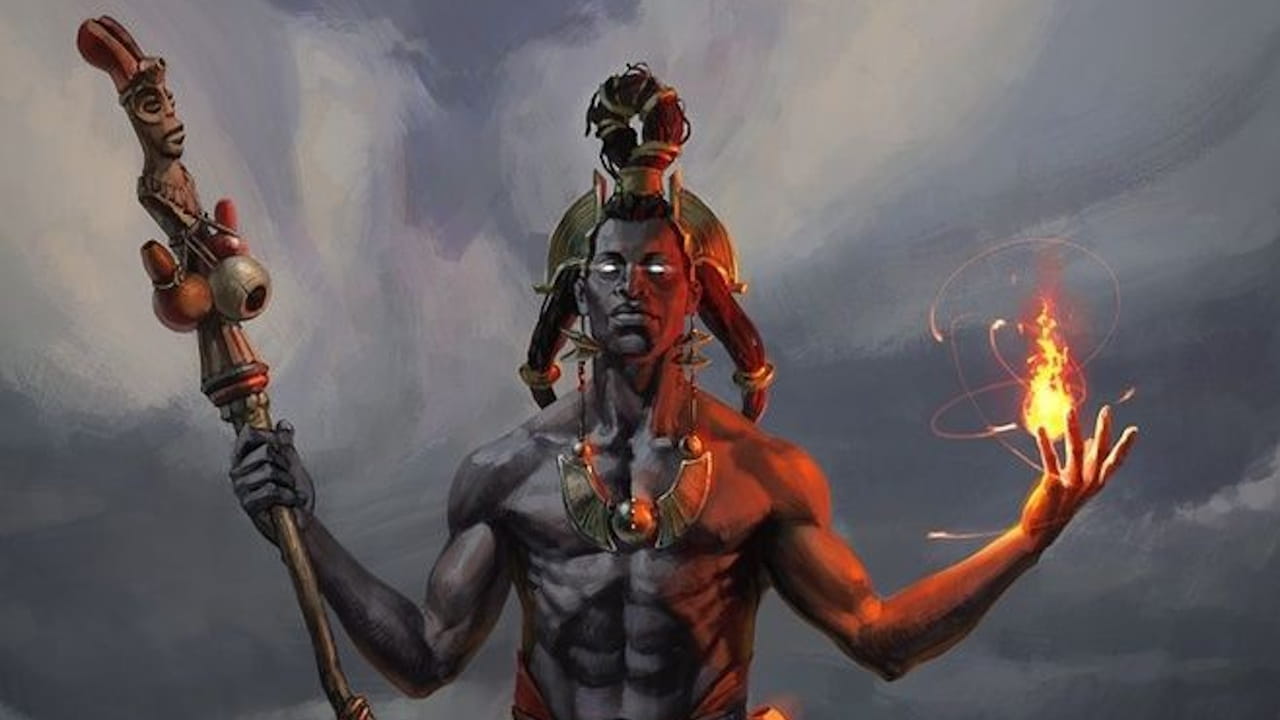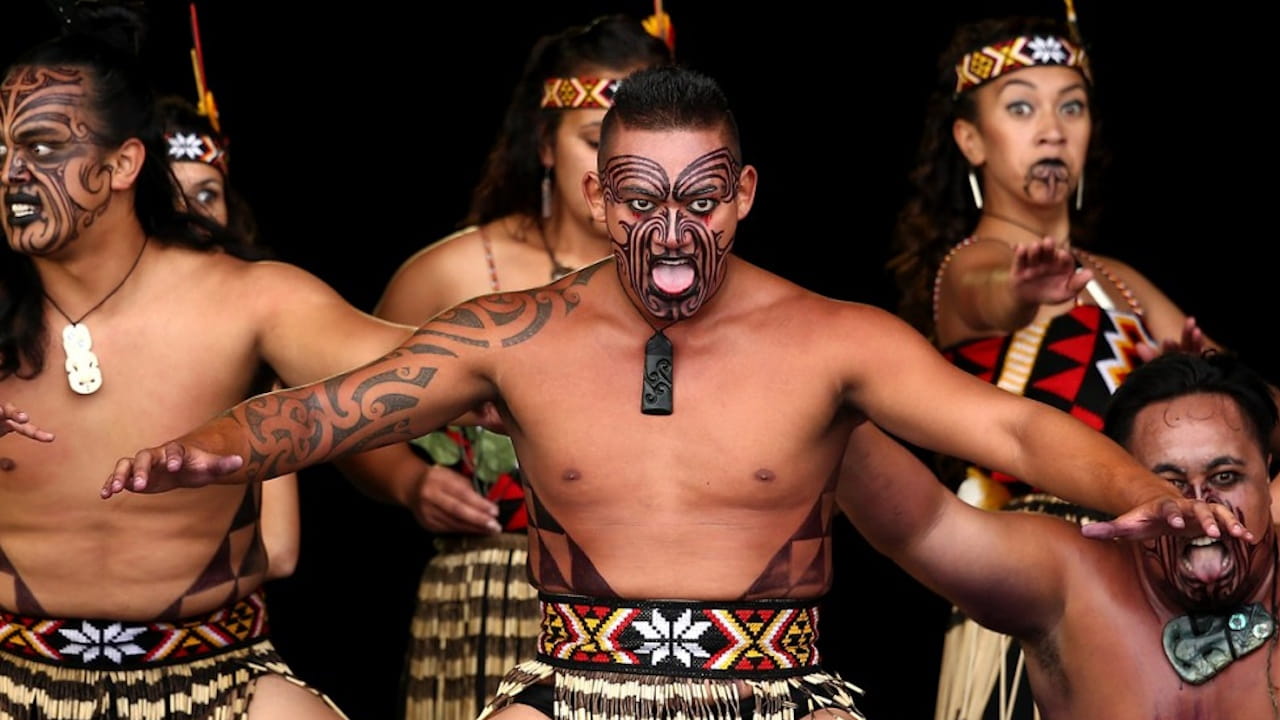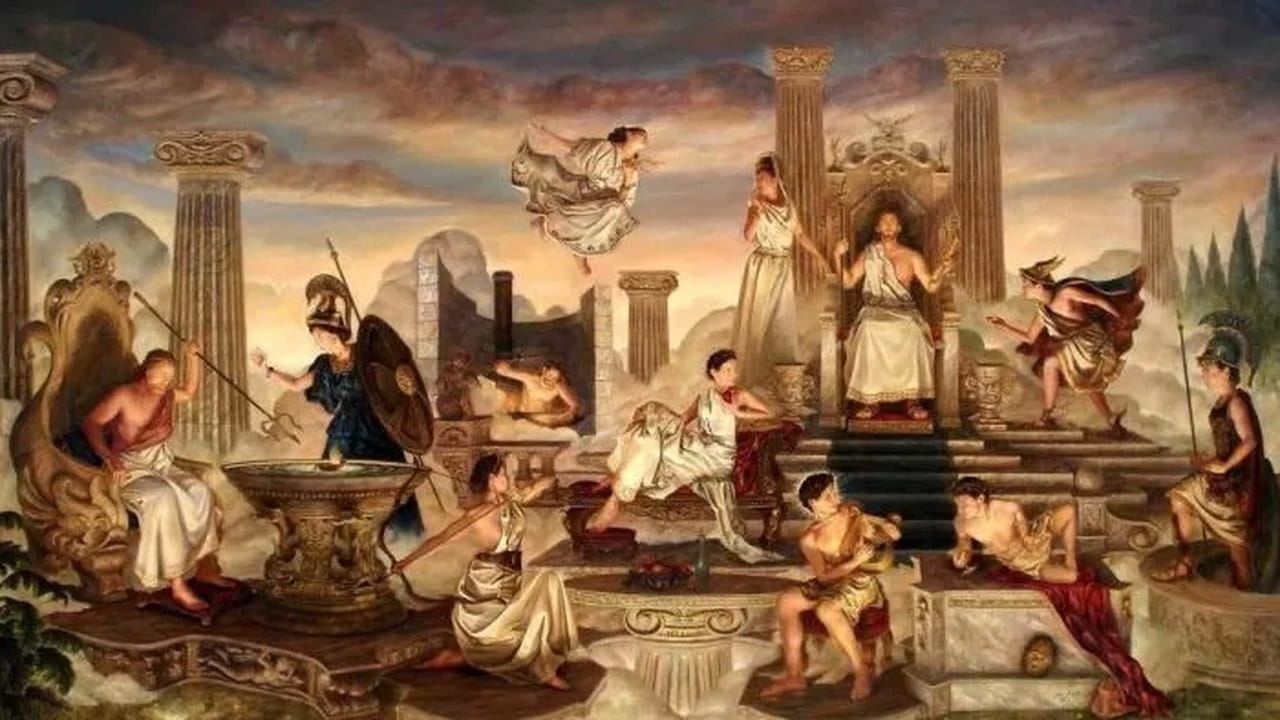From Mythology.Guru we welcome you to this universe of knowledge and mysteries. Discover gods, heroes, beings and rites of all cultures.

What is Mythology?
Mythology is a set of stories, beliefs and traditions transmitted orally or through written texts that are part of the culture of a society. These mythological stories usually involve gods, heroes, supernatural beings and explanations about the origin of the world, natural phenomena, traditions, customs and values of a civilization.
Mythologies are characteristic of diverse cultures and civilizations around the world, such as Greek, Roman, Norse, Egyptian, Hindu, Chinese mythology… among many others. Each of these mythological traditions has its own narratives, characters and symbolic meanings that reflect the worldview and the way those peoples understood the world around them.
Etymology of Mythology
What does“Mythology” mean? This word comes from ancient Greek. It is derived from the combination of two Greek terms: “muthos” (μῦθος) and “logia” (λογία).
Thus, etymologically, “mythology” refers to the study or narrative of myths, legends and stories passed down within a particular culture or civilization.
- “Muthos” (μῦθος) refers to a tale, story or discourse. In ancient Greece, “muthos” was used to describe a narrative, especially those transmitted orally, such as tales, legends, or stories about gods and heroes.
- “Logia” (λογία) translates as “discourse” or “study.” In combination with “muthos”, it forms the compound word “mythology” (μυθολογία), which literally means “the study or discourse of myths”.

What does the human being seek in Mythology?
Humans turn to mythology for a variety of reasons, and these may vary according to cultural and social context. Mythology is an important part of the human experience, as it fulfills diverse functions ranging from explaining the world to transmitting cultural values and satisfying human curiosity about fundamental aspects of existence.
Values of Mythology
- Explaining the world: Mythology often provides explanations for the origin of the world, natural phenomena, human behavior and other aspects of life. These mythological stories provide answers to questions about fundamental issues that are often difficult to understand or explain scientifically.
- Transmission of values and traditions: Myths and legends often convey cultural, ethical and moral values. These stories may contain lessons about morality, justice, heroism and other important aspects of society.
- Cultural identity and social cohesion: Mythology helps define the identity of a community or society. Shared myths bring people together by providing a common framework of beliefs and experiences, thus strengthening social cohesion.
- Entertainment and creativity: Mythological stories are often appreciated for their aesthetic value and ability to entertain. These stories are often rich in imaginative detail, fascinating characters and exciting plots, making them appealing for entertainment and creative inspiration.
- Reflection and understanding of the human being: Myths explore deep aspects of human psychology, such as fears, desires, conflicts and aspirations. Through these stories, people can reflect on their own lives and better understand their place in the world.

What are the most important Mythologies on the continents?
The most important mythologies in each continent vary depending on the region, history and culture of the people that inhabit it.
It is important to keep in mind that these are just some of the prominent mythologies on each continent, and many cultures and regions within these continents have their own equally rich and diverse mythological narratives.
Mythology in Europe
- Greek Mythology: With a vast number of gods, heroes and epic tales such as the Iliad and the Odyssey, Greek mythology is one of the best known in the Western world. It includes stories about gods such as Zeus, Hera, Athena, Apollo, among others.
- Norse mythology: It comes from the Nordic region and includes stories about gods such as Odin, Thor, Loki, Freyja, among others. It stands out for its epic stories, such as the Icelandic sagas.
Mythology in Asia
- Hindu Mythology: Hindu mythology is rich and diverse, with a wide variety of gods and goddesses, including Brahma, Vishnu, Shiva, Lakshmi, among others. It is present in sacred scriptures such as the Vedas and Puranas.
- Chinese Mythology: It includes figures such as the Three Augustans and the Five Emperors, as well as myths about beings such as the dragon and figures such as Guan Yu and Sun Wukong (the Monkey King), known for his role in “Journey to the West”. His influence is also noted in the equally rich Japanese mythology.
Mythology in Africa
- Egyptian Mythology: Undoubtedly one of the most famous thanks to its mythological legacy. The pyramids and all the archaeological remains such as the mummies stand out. Many of its myths were transformed and adopted by other later cultures.
- African Mythologies: Africa has a diversity of mythologies that vary significantly between regions and cultures. They include figures such as Anansi, the wise spider in Ashanti traditions, the Orishas in Yoruba mythology and other supernatural beings and mythical tales specific to each community.
Mythology in America
- Mayan, Aztec and Inca mythology: These Mesoamerican cultures have mythologies rich in gods, such as Quetzalcoatl and Tezcatlipoca in Aztec mythology, Kukulkan in Mayan mythology and deities such as Inti in Inca mythology. Each has its own set of legends and stories.
Mythology in Oceania
- Australian Aboriginal Mythologies: These mythologies include stories of the Dreamers, tales of the rise of the world, ancestors and beings such as the Rainbow Serpent.
- Pacific Island Mythologies: Each island and ethnic group has its own mythological traditions. Some of the best known include those of Hawaii, Samoa, Tahiti, among others.
Most Famous Gods and Heroes
Gods, Heroes, Villains, Demons, Angels… and other characters represent important figures in all mythologies. Thanks to them we can provide representation and roles in all stories.
- Role models: Both gods and other figures in mythology represent qualities and values that societies admired or sought. These models were often examples of virtue, bravery, wisdom, or supernatural abilities that people aspired to emulate.
- Explanation of phenomena: Gods and other figures were frequently linked to natural phenomena, such as the sun god or the goddess of agriculture. The worship and understanding of these gods helped civilizations make sense of and explain the world around them.
- Epic narratives: In stories, these characters were part of epic narratives that entertained, educated and connected communities. These stories could teach moral lessons, explain the origin of the world or be a source of inspiration for art and literature.
Creatures and Beings of Legend
All creatures and beings that we find in mythology bring some idea that gives value to the myths where they appear. Many times these beings become the protagonists of the stories.
- Representation of the supernatural: Mythological creatures, such as dragons, griffins, mermaids, centaurs, etc., represent the magical, the supernatural or the unknown. These figures helped to explain the inexplicable and to awaken the imagination.
- Cultural symbols: Some mythological creatures become cultural and national symbols, used in flags, shields or as emblems of identity of a society or community.
Symbology and Culture
There is no doubt that symbols are a main part of mythological culture, with these elements we can quickly recognize the meaning they represent.
- Cultural identity: Symbols are part of the cultural identity of a society. They can represent values, beliefs or significant historical events for a group of people.
- Emotional and spiritual connection: These mythological symbols can generate an emotional and spiritual connection to the history and folklore of a culture. They can be a source of pride, inspiration and a sense of belonging for the people who value them.
- Communication and expression: They can also be used as forms of visual communication or artistic expression, both in works of art and in ceremonial rituals.








